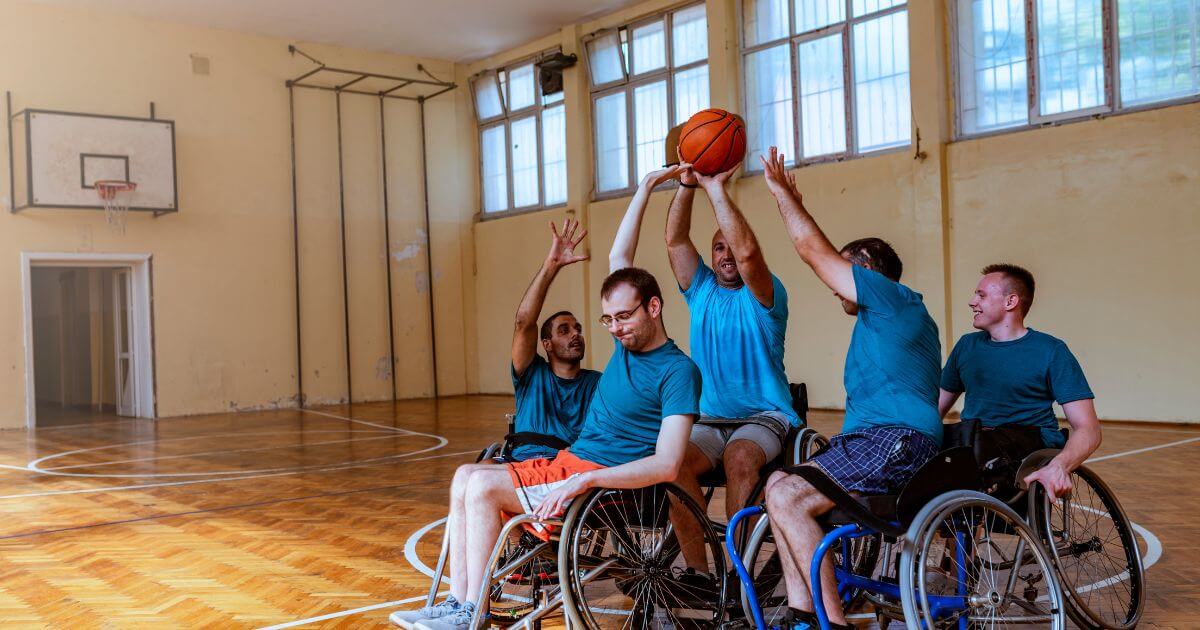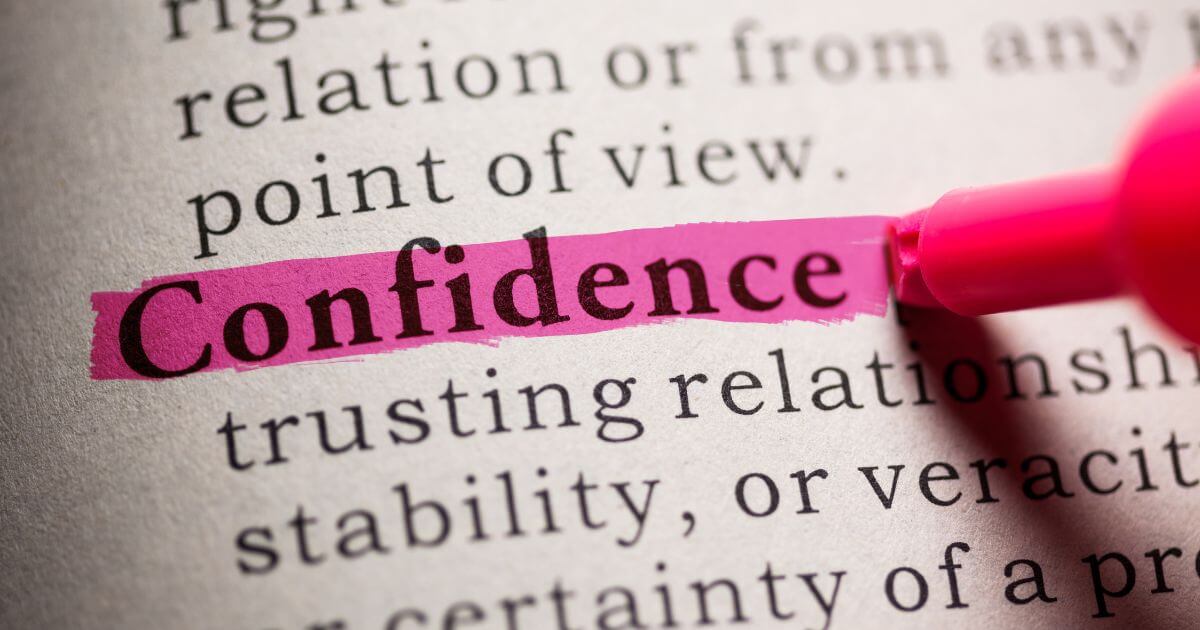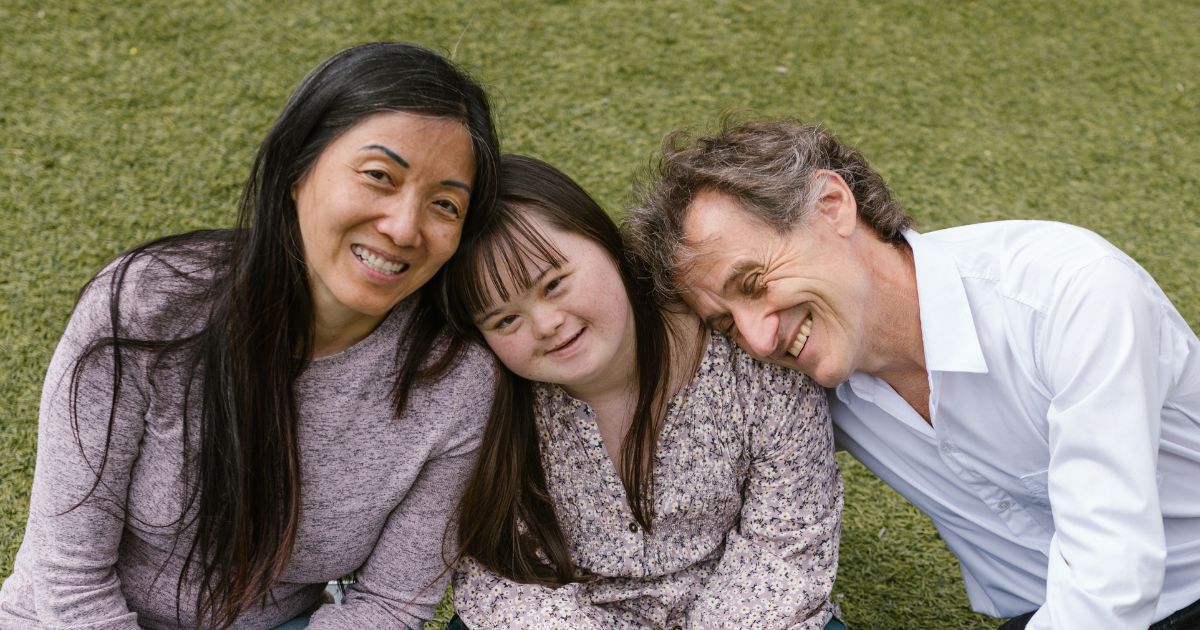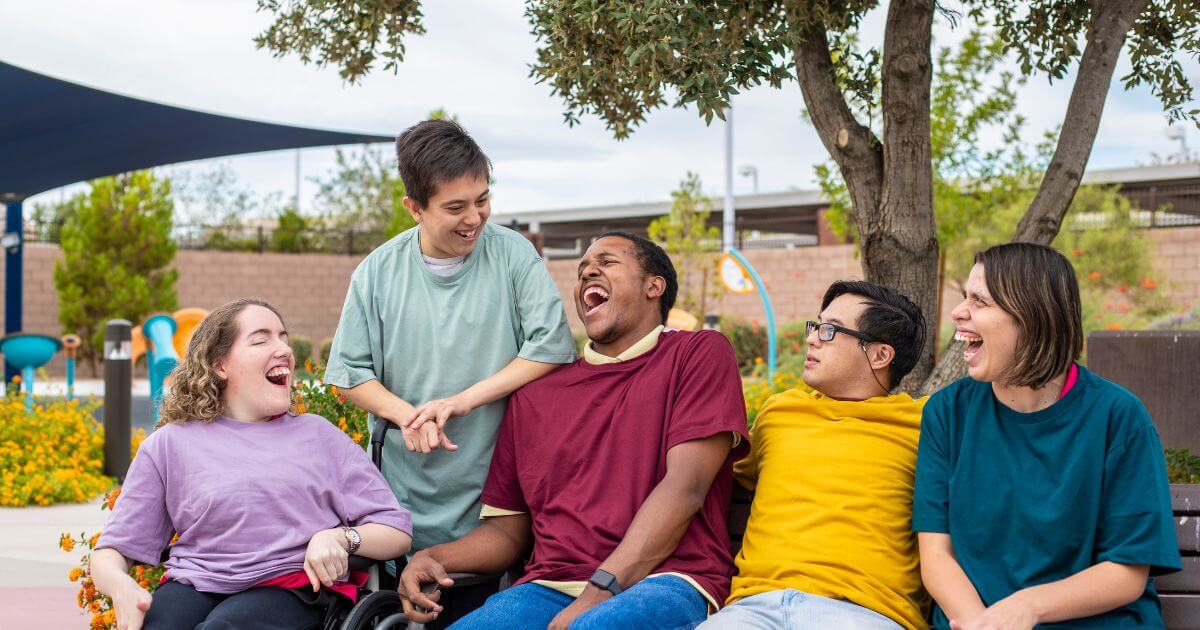
Building Self-Confidence
Based on YLI study findings, a lack of self-confidence is one of the main attitudinal barriers keeping young Canadians with disabilities from seeking and retaining work. The probability of being hired jumps over 50% when young adults with disabilities feel confident in their ability to perform job tasks.
To support youth with disabilities in building self-confidence, we’ve provided a few articles with self-help tips. It’s also suggested that people can boost their self-confidence through social learning, and participating in social activities is one of the great ways to encourage social learning.
Workplace mentoring proves to be an effective professional development and talent retention strategy. Also, it reinforces social learning if employers or supervisors act as role models to young employees.
The YLI Toolkit is a constant work in progress; we’ll always be adding and updating resources as new information is found. Please enjoy what we have so far and stay tuned for more updates coming soon! If you know of resources that you think would benefit others, share them with us by completing the YLI questionnaire.
Youth
Are you looking for ways to build your confidence?
Young people who feel alone or disconnected often experience negative thoughts. We believe that relationship building and engaging in social learning can help boost self-confidence. Social learning is a theory that suggests people learn by watching and imitating others. By connecting with others and having positive experiences together, people tend to influence each other. The Youth Leadership Initiative encourages you to seek out social learning opportunities through volunteering, joining community or group activities like sports/recreation, hobbies, or any activity where making friends is encouraged.
Find a social activity or sport organization in your area.
Other than participating in recreational activities, you may find the following tips help you overcome low self-confidence.
- 12 Ways to Live with Confidence Despite Your Disability
- Disability and Self-Confidence: How to Build Self-Esteem
- Disability at Work: Cope with Challenges and Thrive
- Rebuilding Your Self-Esteem After an Acquired Physical Disability
- Who Me? Self-Esteem for People with Disabilities
Employers
Are you looking for ways to empower and engage your young employees living with disabilities?
Establishing mentoring relationships also helps reinforce social learning. This topic came up among YLI Advisory Committee members who feel that mentorship offers valuable support to young adults with disabilities, not only helping develop interpersonal, problem-solving and leadership skills, but also through career guidance and serving as role models. Mentorship relationships are more effective when mentees perceive their mentors as a peer, with similar or shared similar experiences. These positive relationships encourage mentees to think that they can accomplish what their mentors have.
- 5 Simple Ways to Empower a Person with a Disability
- 6 Keys to Engaging Employees with Disabilities in Workplace Mentoring
- Disability at Work: Cope with Challenges and Thrive


Submit Your Feedback
This toolkit is a collective effort between the YLI team and you.
We invite you to explore the YLI Toolkit, use it, and let us know your thought by submitting your suggestions or feedback. We appreciate your continued support!
Resources on the YLI Toolkit webpages, including, but not limited to, the text, graphics, images, links, and other materials are intended for informational and educational purposes only. The content is not intended to be a substitute for professional or medical advice, diagnosis, or treatment, and does not constitute medical or other professional advice. The Disability Foundation and Affiliates do not recommend or endorse any specific tests, physicians, products, procedures, opinions, or other information that may be mentioned on the linked websites. Reliance on any information provided herein is solely at your own risk. The information provided on YLI Toolkit webpages are designed to support, not replace, the relationship that exists between you and your care team. Never disregard professional medical advice or delay in seeking medical attention because of something you read or see on YLI Toolkit webpages.
The YLI Toolkit does not offer specific medical advice. If you are experiencing a medical emergency, call emergency personnel (911) to receive medical attention.







